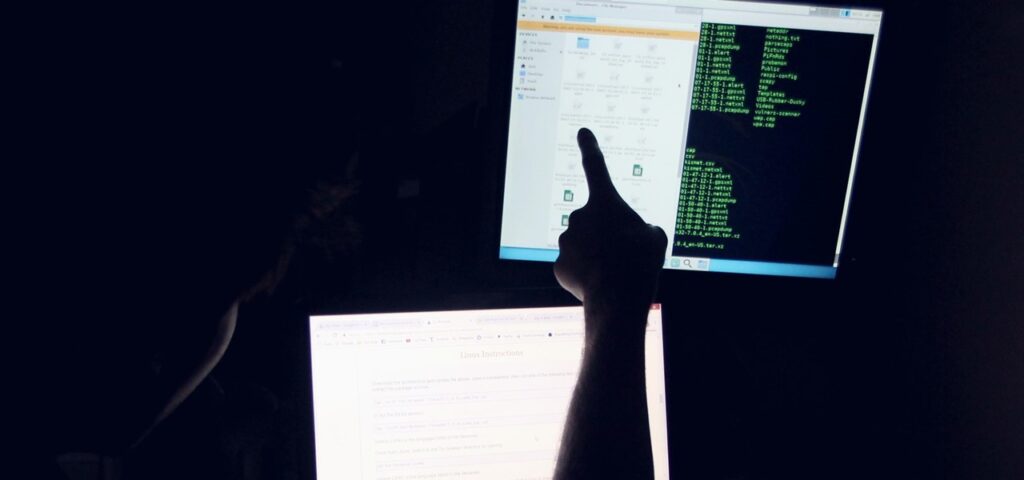The Dark Web, often misconceived solely as a haven for illicit activities, plays a surprisingly significant role in promoting freedom of information access. While its nefarious uses are well documented, its unique features offer a critical counterbalance to censorship and control, particularly in regions where information is heavily restricted or suppressed. The Dark Web operates on encrypted networks, like Tor the Onion Router, which provide anonymity and obfuscate users’ identities. This anonymity is a double-edged sword; while it allows illegal activities to flourish, it also enables dissidents, whistleblowers, and journalists to operate with a degree of safety that is otherwise unavailable in repressive regimes. In authoritarian countries where government censorship and surveillance are pervasive, the Dark Web offers a rare sanctuary for free expression and the exchange of information. It allows individuals to share news, discuss sensitive topics, and expose human rights abuses without fear of reprisal.

For example, activists and journalists in countries with stringent media controls use the Dark Web to disseminate information that would otherwise be suppressed. By bypassing traditional channels of communication, they can reach a global audience and bring to light issues that might otherwise remain hidden. Moreover, the Dark Web also supports the preservation and sharing of information that is otherwise at risk of being erased or altered. Whistleblowers that expose corruption or governmental wrongdoing can use these platforms to securely release documents and data, ensuring that critical information reaches those who need it without compromising their own safety. This facet of the Dark Web is particularly crucial in situations where traditional media outlets are compromised or intimidated into silence. However, the ethical implications of the Dark Web are complex.
While it serves as a crucial platform for freedom of information in some contexts, it also facilitates the spread of harmful content, including illegal drugs and extremist materials. Balancing these aspects requires nuanced policies and an understanding that the technology itself is not inherently good or evil but is shaped by how it is used. In conclusion, the uncensored hidden wiki Dark Web’s role in promoting freedom of information cannot be underestimated. It provides a vital outlet for those who need to bypass censorship and express dissent in environments where such activities are otherwise impossible. While it is important to address its darker uses, the Dark Web’s contribution to the global discourse on freedom of information highlights its potential as a tool for advocacy and transparency. Its ability to protect anonymity and circumvent censorship makes it a crucial element in the ongoing struggle for free and opens access to information in an increasingly controlled digital landscape.